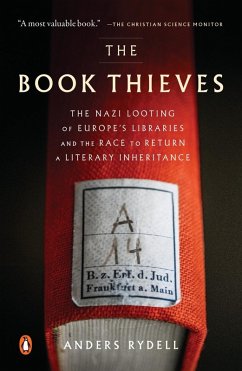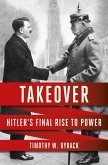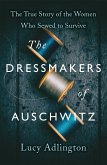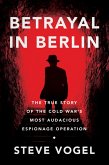Dieser Download kann aus rechtlichen Gründen nur mit Rechnungsadresse in A, B, BG, CY, CZ, D, DK, EW, E, FIN, F, GR, HR, H, IRL, I, LT, L, LR, M, NL, PL, P, R, S, SLO, SK ausgeliefert werden.
"Rydell s tale is a fascinating blend of intellectual history, detective story, and restitution activism that cannot help but inspire its readers. LA Review of Books
"A chilling reminder of Hitler s twisted power." BBC
"This history can still startle and surprise us; that, as researchers ask new questions and follow new leads, revelations are still possible . . . Rydell's passion for the subject is undeniable. Serving as a courier, he manages to convey the emotional power of returning even a single book to a grateful descendant who has lost so much else. The Chicago Tribune
"Reader-friendly and a riveting account, the book deserves a large readership." Jack Fischel, The Jewish Book Council
"An erudite exploration of the systematic plundering of libraries and book collections by Nazi invaders. Looting books by mainly Jewish owners, collections, and libraries was an effective way of stealing Jewish memory and history, as this thorough work of research by Swedish journalist and editor Rydell attests . . . An Engrossing, haunting journey for bibliophiles and World War II historians alike." Kirkus Reviews (Starred Review)









